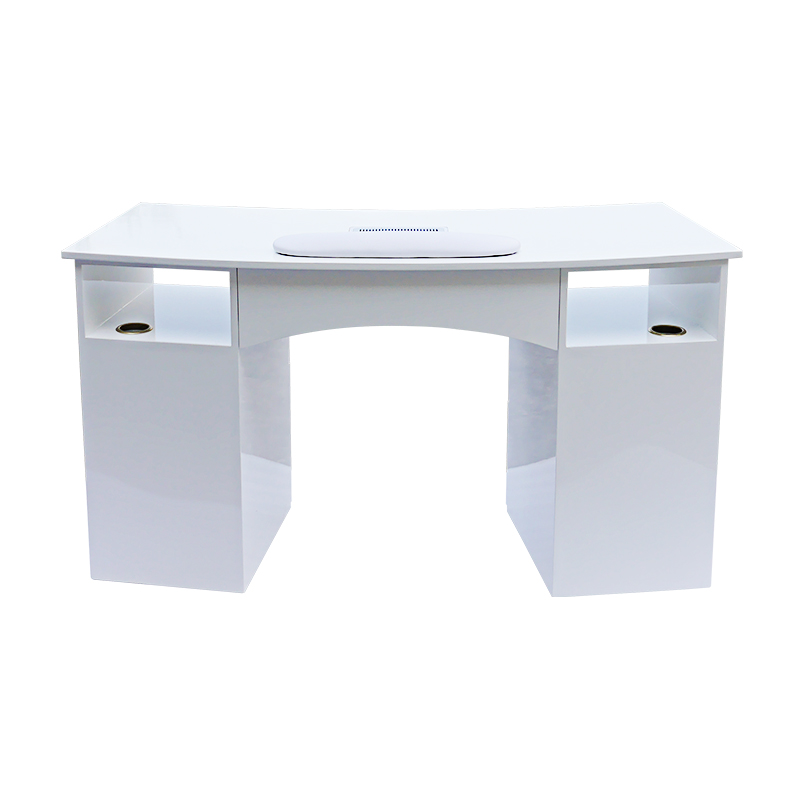The problem of over-standard benzene and heavy metal residues in the inks of the packaging printing process is an important factor affecting the safety of food packaging. At present, benzene solvents are commonly used as solvents for printing inks and adhesives in China's flexible packaging industry. Food contamination and even poisoning incidents occur frequently. This not only endangers the health of consumers, but also affects China's entire food packaging industry and even the food industry. No healthy development. For now, the promotion of the use of benzene-free inks in food packaging printing will be one of the effective ways to solve this problem. The industry generally believes that the use of non-benzene solvent and benzene-free printing ink package printing technology for the country to implement food packaging industry mandatory certification provides technical support. Without the need to change the traditional production technology, it can reduce the waste of raw materials and staff poisoning caused by on-site deployment. At the same time, it can increase the utilization of raw materials, reduce production costs, and reduce business risks. Non-benzene ink generally refers to the use of polyurethane as the main resin ink, basically does not contain benzene solvent, even to achieve a certain printing effect, use a small amount of benzene solvent, the benzene solvent solvent residue residue is also very small. The environmental assessment of benzene-free inks has basically reached the level of non-toxicity and is gradually welcomed by food companies. From the perspective of food safety technology, it should be a development direction. In Europe, food packaging has long been prohibited from printing with toluene-containing inks. At present, China's flexible packaging inks are close to 50,000 tons, of which chlorinated polypropylene inks account for about 40%, polyamide inks account for about 30%, polyester polyurethane inks account for nearly 20%, and others such as alcohol-oil inks are less than 5 %. Polyamide ink was first industrialized in China. Due to the disadvantages of poor temperature resistance, poor oil resistance, and poor water resistance, the amount of polyamide ink is decreasing year by year. Chlorinated polypropylene ink is the most widely used species in China, but using it as a solvent may cause food contamination. At present, the development of polyester polyurethane ink is extremely rapid, and it is gradually accelerating the pace of replacing chlorinated polypropylene ink. More and more companies use alcohol-soluble inks in combination with two-component polyurethane adhesives to reduce the use and emissions of toluene. At present, some ink manufacturers are also developing more environmentally friendly water-based plastic printing inks, and have entered the trial printing stage. Once the technology is mature, benzene-free inks will replace benzene-containing inks and become the mainstream choice for food flexible packaging printing inks. Several domestic leading food packaging and printing companies, such as Alcan Baobo Group, Shanghai Sanying Packaging Materials Co., Ltd., Huangshan Yongxin Co., Ltd., and Jiangsu Shenlong Hi-Tech Group, have all used benzene-free inks, and they have used growing. The benzene-free ink has a broad market prospect in China, and some ink producers with strategic vision have been eyeing this market. According to sources, the German company Siegwerk, the second largest company in the field of flexible packaging printing inks in Europe and North America, will present innovative solutions for printing inks without toluene to the Asian market and plans to become an important high-grade benzene-free ink supply in the Asia Pacific region in the next five years. Business, and have the idea of ​​establishing a production base in China. The domestic research and development of benzene-free ink has also made good progress. Foshan Baojule Chemical Technology Co., Ltd. established the Benzene Substitute Research Institute and Product Application Laboratory. It cooperates closely with many well-known universities and internationally renowned chemical laboratories in China, and many research results are at the leading international level. From 2004 to 2005, the “Baojule†brand healthy benzene-free series products were tested by many national authorities such as the State Packaging Products Quality Supervision and Inspection Center, the China Center for Disease Control and Prevention, and the National Building Materials Testing Center. The performance indicators meet or exceed the national standards, and their toxicity tests are actually non-toxic. Source: China Environment News
Tom Spa will create an upscale atmosphere with its sophistication and contemporary design. The grey and white hues have a timeless style that will keep your salon on trend through all four seasons. Each piece in this collection is crafted with real, high quality wood and lab marble that are acetone and scratch resistant.

Manicure Table,Manicure Bar Table,Luxury Manicure Tables,Folding Manicure Table
TOM SPA BEAUTY SALON EQUIPMENT CO.,LTD , https://www.tomspabeauty.com